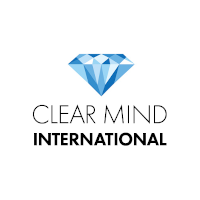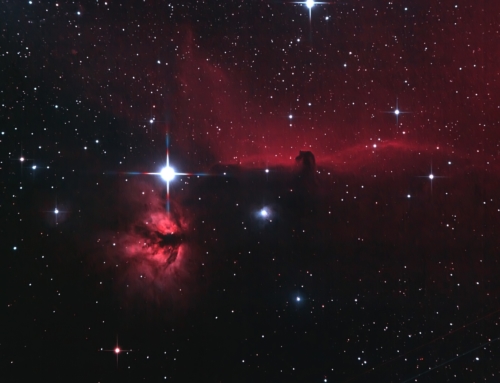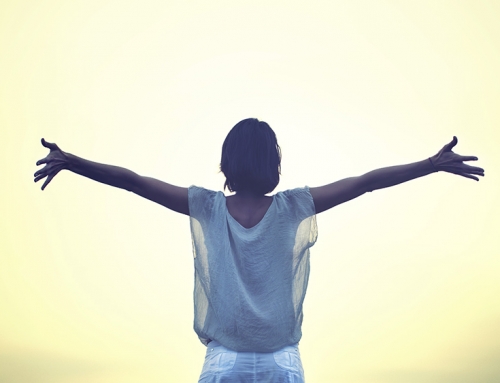To celebrate Eid with our Muslim brothers and sisters, CMI invited comment on the significance of Ramadan.
Ramadan is a time to recharge the body both physically and spiritually. It is more than just one of the five compulsory beliefs and pillars of being a Muslim.
It is a time of deep reflection, prayer, charity, kindness and being good to all, which is the hallmark of life as a Muslim throughout the year. It is also the month to pay Zakat (the Islamic tax) in a world where too many, particularly the rich, avoid taxes.
Ramadan sets the tone for what one is expected to believe and practice every day and in every possible way throughout the year. It is more than being hungry from sunrise to sunset, and more than rituals and practises. It is about kindness, patience, understanding, charity, community, being and becoming. Its end is marked by the celebration of Eid – a time to visit the graves of the deceased, remember the poor, celebrate with the community, and crucially, commit to living the rest of the year with the kindness, patience and the sense of community cultivated during Ramadan.
Dima Chami has kindly offered her voice …
Ramadan smells different: like summer smells of heat and nature, and like spring smells of wet ground and rain. It is an entire season and there is nothing like it. I don’t have to be with family or even at home to know when Ramadan has begun because, this is cheesy, it smells different and I can tell there is a slight shift in the fabric of the community I’m in.
What is generally known about Ramadan is that one is supposed to abstain from food and water during the day and give charity to the poor. Those people who don’t have the capacity to think of Ramadan’s potential beyond an Islamic attempt at list-ticking charity are often the same ones who you will find gorging themselves all night, every night. In this vein, critics of Ramadan do have a valid point: you don’t need to abstain from food and water for 12 hours a day on average, least of all for a whole month, to do some charity. My question to those critics however, is: When was the last time you performed selfless acts of good, every single day, for an entire month, sustained? When was the first time those statistics you ‘help’ became known to you as human beings? Was there ever a time when your most basic daily needs were so intertwined with those whom your aid goes to, that they no longer remain recipients of aid but rather become human beings who are implicated by your actions and who implicate yours? Has there ever been a time when you were able to ignore, or even look beyond your own personal issues in light of those of others? For a whole month, sustained?
The world is not divided between good Ramadan-doers and bad Ramadan for-goers. The world is simply organised into a highly capital driven, success-obsessed dog-eat-dog world. So how does Ramadan figure charity? For me, it is a radical experiment of socialism. It is the terrifying moment of putting human beings first: before work, before university and before social media. Every. Single. Day. It is the unhomely moment when the public sphere enters your own private sphere: when classism is no longer the basis of a stringent ‘saviour-victim’ charity model, but rather when you and they are co-dependant, in every way. When the absolutely radical notion of donating your time, non-stop, to greater causes infiltrates your daily life, and it can’t be about you. When your daily life can’t grind to a halt, but must occupy equal footing with the demanding natures of both abstinence and providence. When what we take for granted is taken, and we are left bare. Like those who we see in numbers. There is a healing process of reversal that repeats itself every day during Ramadan. And there is nothing like it.
Addendum: This Ramadan, I made my donations to Medical Aid for Palestine (MAP) and, also, to Greenpeace. Every day. This also means that I follow the BDS movement and boycott observantly, and it also means I make environmentally conscious decisions. Every day. But this is not about me, this is about the reality that without my help, both of those causes would potentially be lacking in much needed funds for initiatives. Ultimately those initiatives guarantee both the survival of the planet and, also, our very own personal freedoms. I cannot be without them being too. If Ramadan intrudes into our lives, forces us to encounter the many ways in which the world functions holistically, and forces us to graft towards this end, then sign me up every day.
Blog Author
Dima Chami
Dima is a PhD researcher at the University of Leeds where she works on Human rights law and West African literature with a focus on migrant cosmopolitanism and biopolitics. Specifically, she interrogates and challenges the ‘human’ of Human Rights — a socio-economic and political category which has always been rooted in limitations and sustained by hierarchies — in order to argue that African literature inaugurates new definitions of the human, and by extension, human rights.
To follow this and other posts on Mindfulness, you can sign up to the CMI mailing list at the bottom of this page.






Leave A Comment